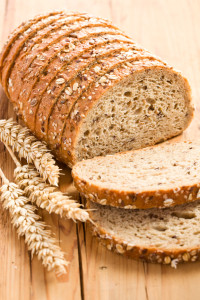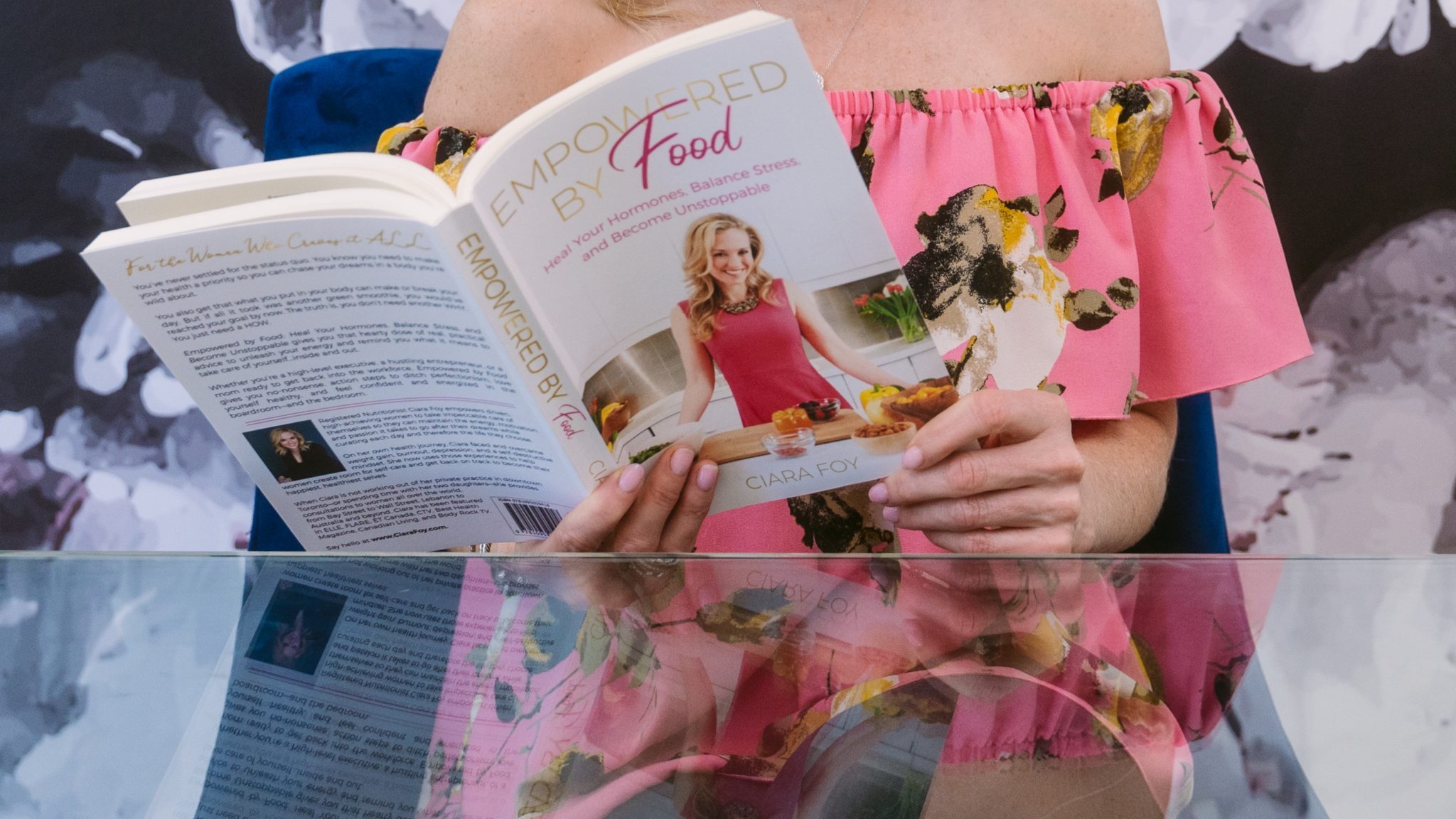Artificial Sweeteners
Long before I became a Nutritionist, in my 20’s, I ate every single “zero sugar” food (now I wouldn’t even call it food) going! Diet pop, diet juice, diet yogurt, diet granola bars, diet chocolate bars, if it had less sugar and carbs, I was happy to eat it!
It wasn’t until I completed an elimination diet in hopes of finding the cause of my chronic headaches and horrible digestion, that it actually occurred to me. *MAYBE* artificial sweeteners weren’t my ticket to the lean body I craved! I gave them up completely and the next thing I knew, my headaches disappeared AND I lost the 5 pounds I’d been working on for years!
Since then multiple studies[1] have confirmed that artificial sweeteners actually *increase* the risk of the very things they were designed to prevent. That’s right; artificial sweeteners have been connected to an INCREASED risk of Obesity, Metabolic Disorders, Diabetes and cravings for SUGAR!
If you’re anything like me, you’re shaking your head wondering what the point is then? Exactly, there is ZERO benefit in consuming anything with artificial sweeteners. P.s. That includes your chewing gum too 😉
Alternatives: Coconut sugar, raw honey, maple syrup are my favorite sweeteners.
Vegetable Oils
You know all those oils at the grocery store in the clear plastic containers labeled “cholesterol free” and “heart healthy”? That is the biggest farce ever! These processed oils, sunflower, soy, cottonseed, canola and corn among a few others are HIGHLY toxic for many reasons.
- Heavily processed and often contain trans fats, in one study [2], some contained up to 4% trans fat.
- Highly inflammatory. This is a huge concern considering inflammation is the root cause of many degenerative diseases including cancer and heart disease. If you still believe saturated fats are to blame, you’d be wrong[3]. In fact, recent studies have shown that these vegetable oils have a much bigger impact on your cardiovascular health than saturated fat.
- GMO-many of these oils especially corn, soy, and canola are likely to be genetically modified.
Alternatives: I use coconut oil most often for cooking, along with Ghee (clarified butter) or organic butter because they are more stable due to their saturated fat content. For salad dressings, I use organic virgin olive oil.
Whole Wheat Bread
I know you have a special place in your heart for bread. I also know you’ve been switching out the crusty white variety for the “whole grain” version in an attempt to eat healthier. I would love to give you a “high five” for your efforts. But instead, I have to be the bearer of bad news. Commercial whole wheat bread isn’t much better than the plain old white stuff. It’s easy to be swayed by the fancy marketing on your loaf of Dempster’s bread, but, unfortunately, it’s just marketing.
A quick look at the ingredient list will show that there are plenty of added garbage still lurking inside. Examples are added sugar, vegetable oils (yep, the same ones listed above) and a whole host of preservatives. The bottom line is that your average whole wheat bread is still highly processed and will spike your blood sugar, causing fat storage, cravings, and inflammation.
Alternatives: Look for artisan breads that contain less than 5 or 6 ingredients. Preferably organic and older ancestors of wheat such as spelt and kamut as they contain more fiber, less gluten and are easier to digest. Other grains such as quinoa and oats are great choices too, so long as they pass the 5 or 6 ingredient rule!
[1] http://www.medicalnewstoday.com/articles/282604.php
[2] http://onlinelibrary.wiley.com/doi/10.1111/j.1745-4522.1994.tb00244.x/abstract
[3] http://ajcn.nutrition.org/content/early/2010/01/13/ajcn.2009.27725.abstract
Written by Ciara Foy for www.innovativefitness.com






